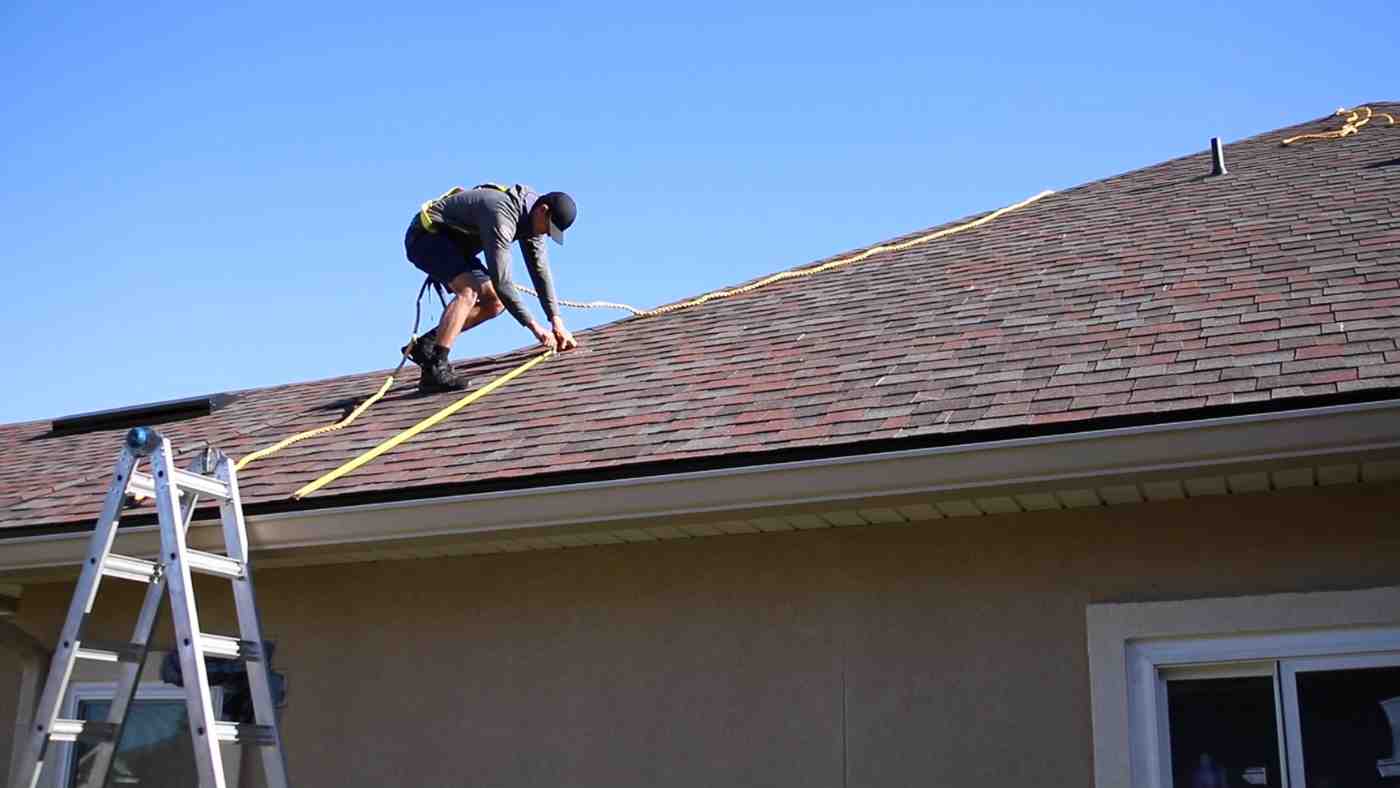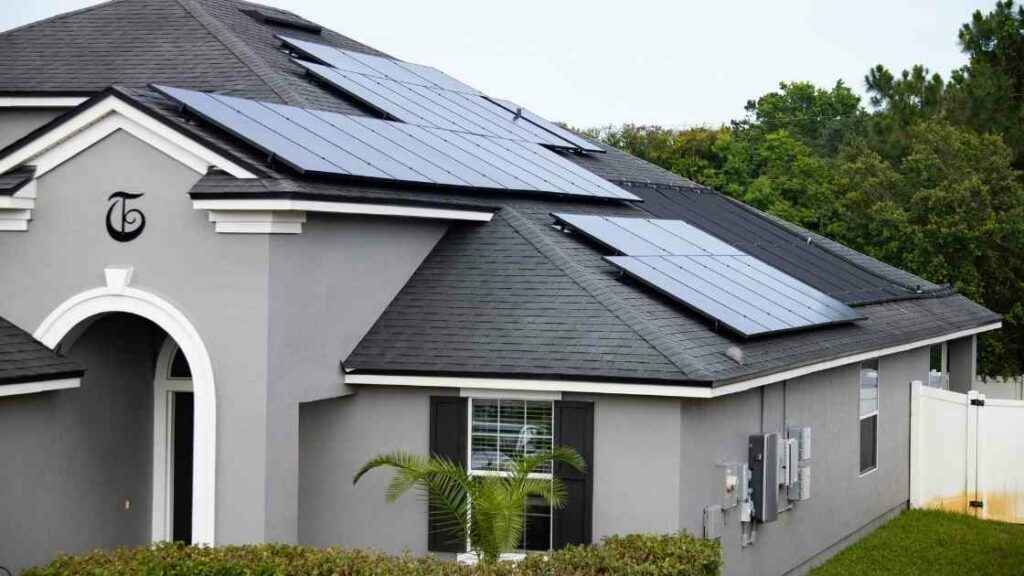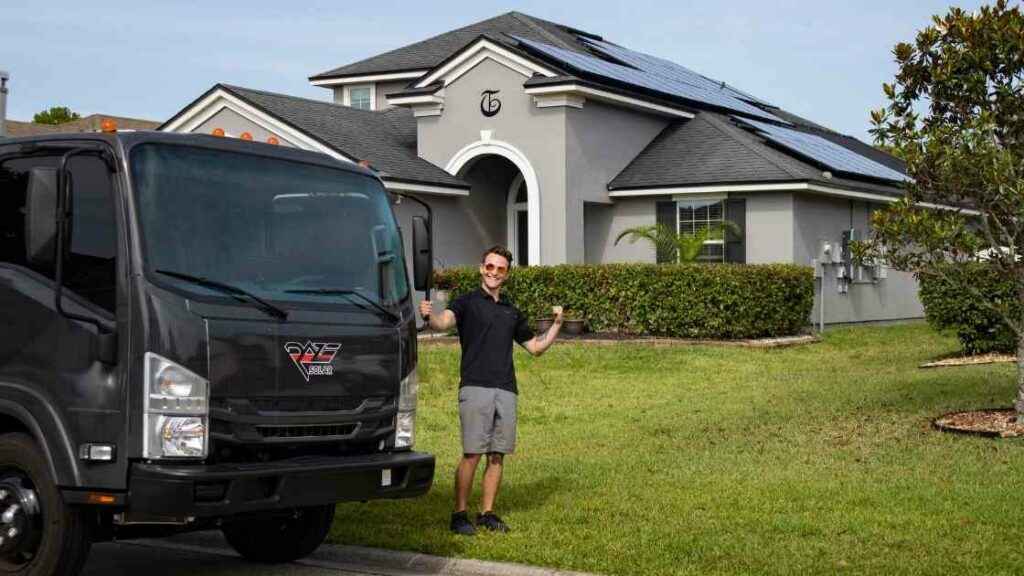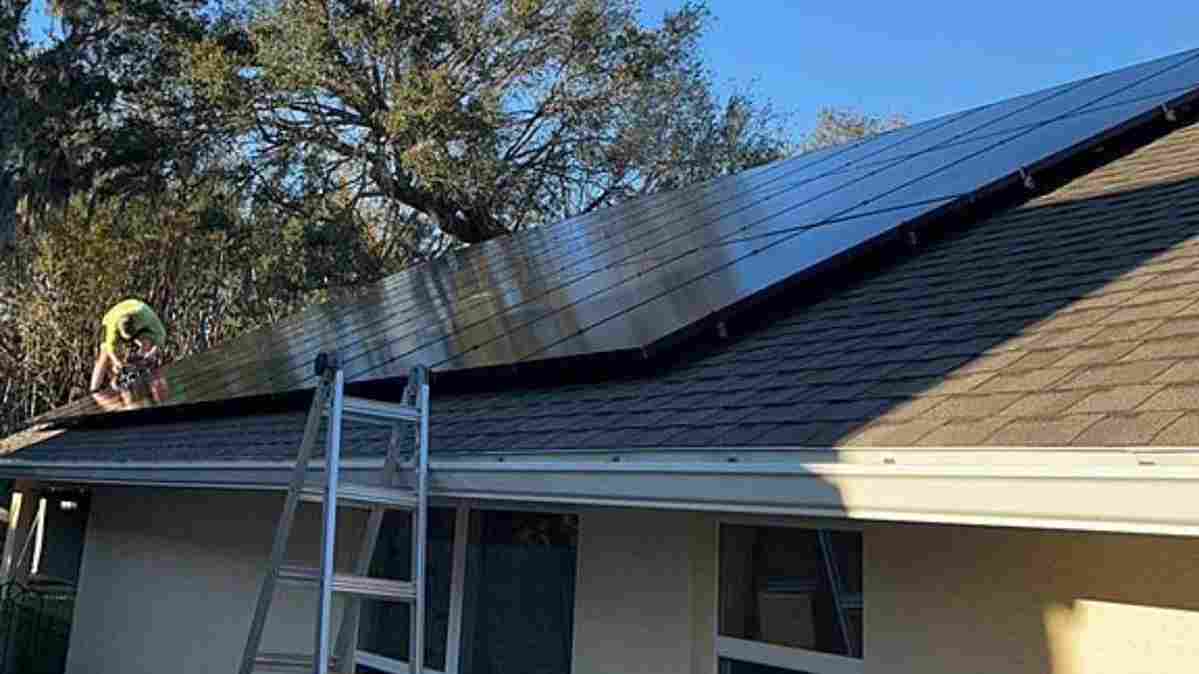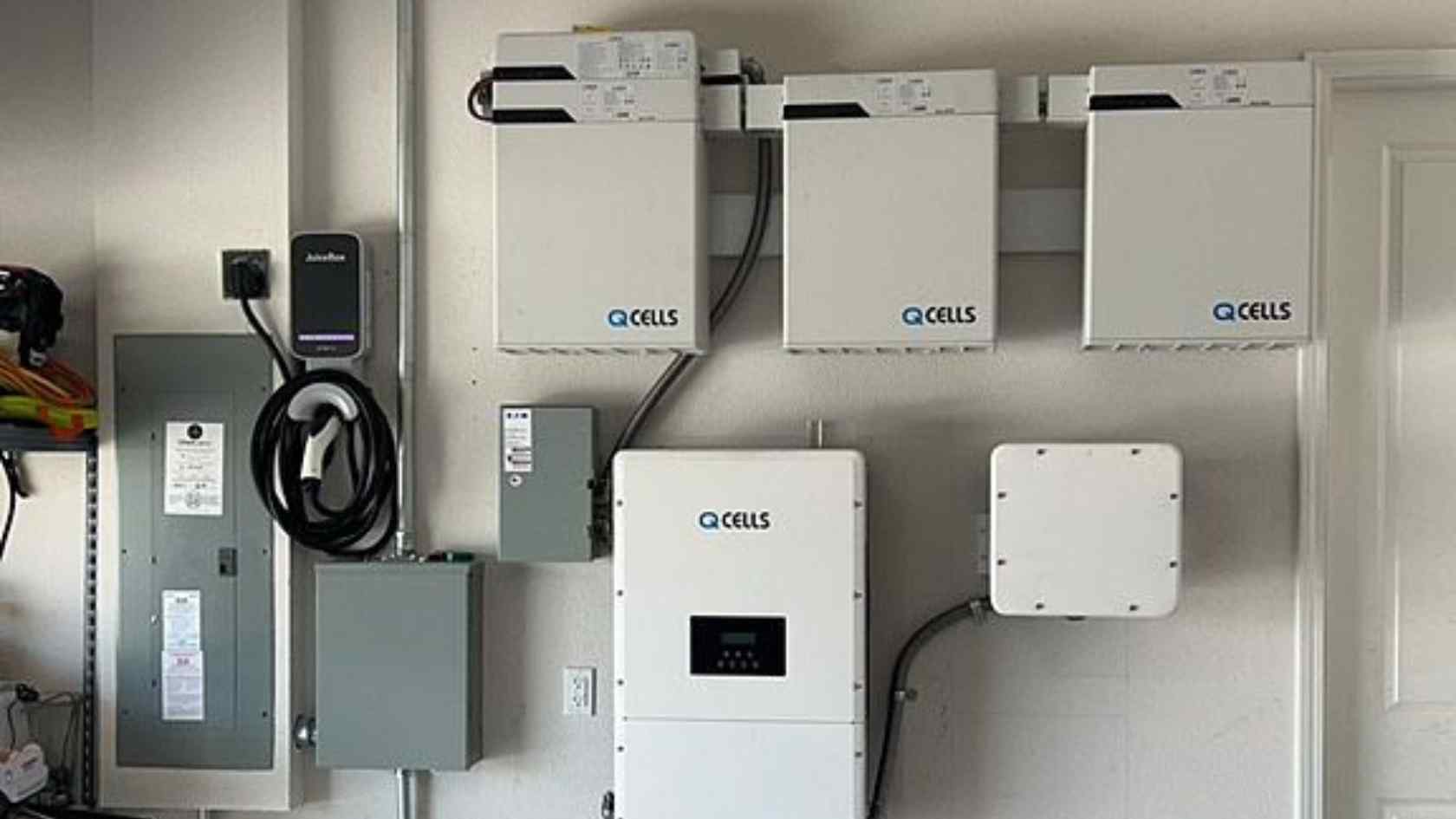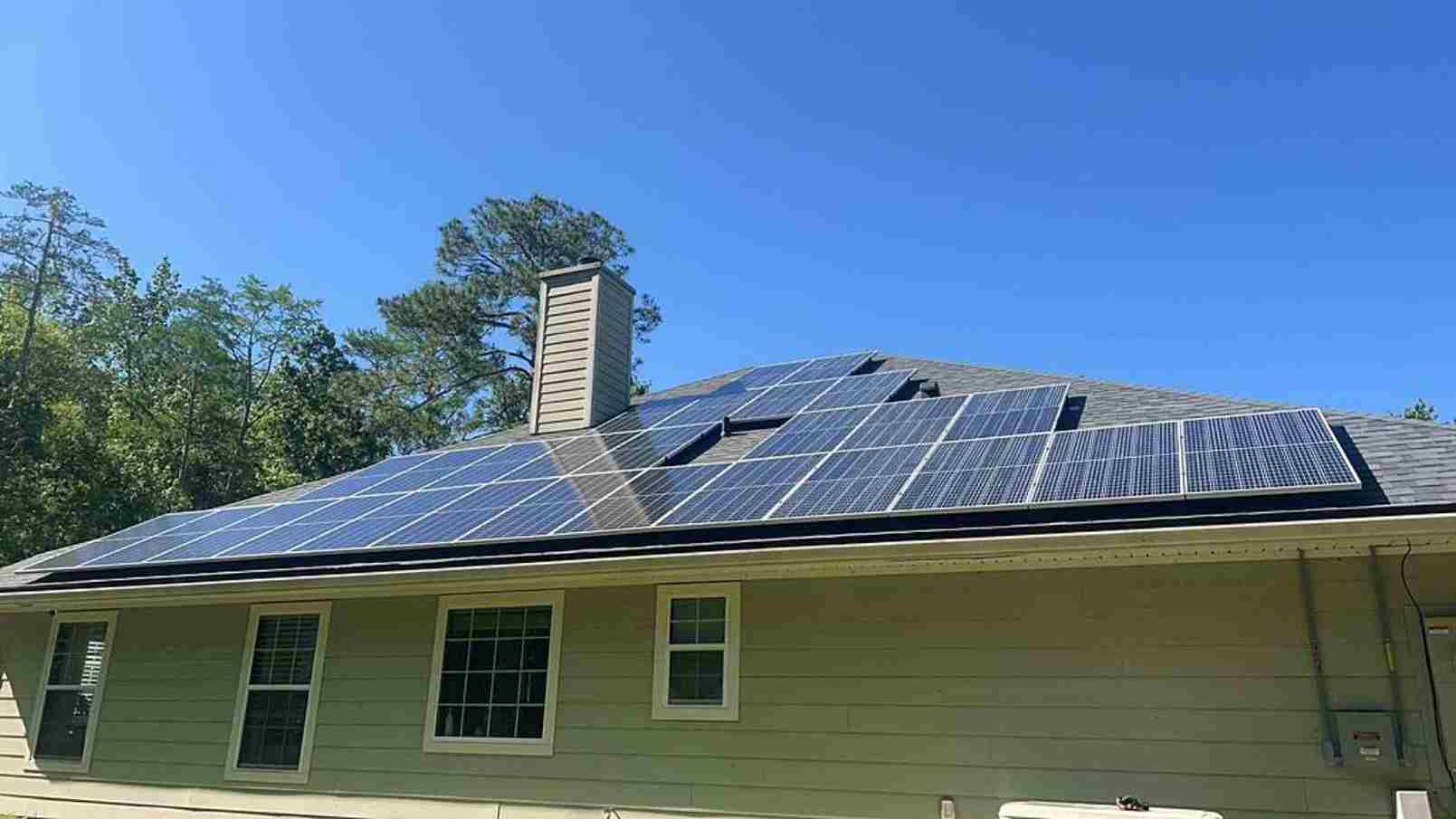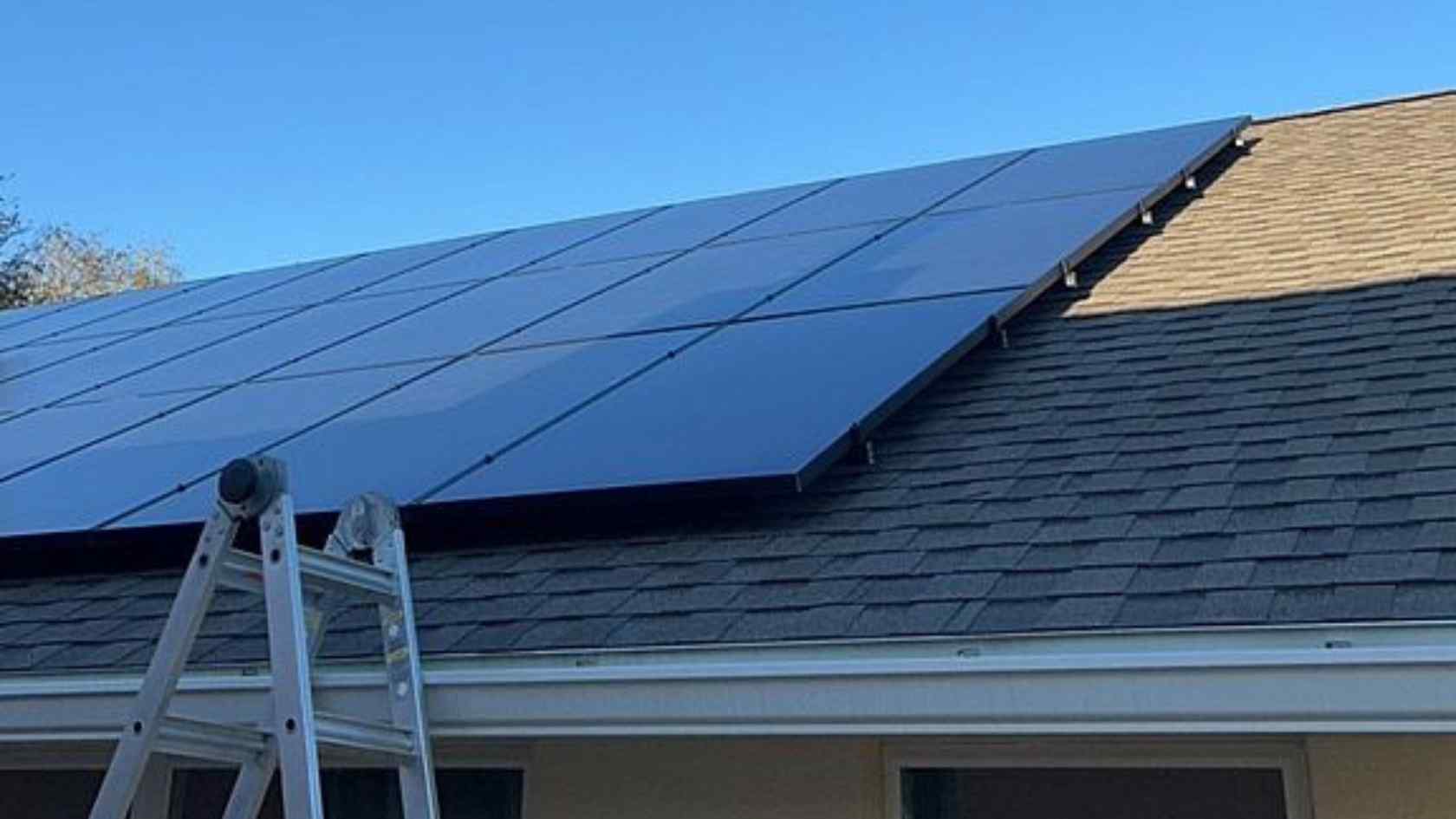Solar panels can last upwards of 25 years – some even longer than that. As a homeowner, it can be intimidating to make the switch. Is the investment worth it long-term? Will you still be in that same home in 25 years? What happens to solar panels if I move?
These are some of our most frequently asked questions, especially from central Florida homeowners. If you are also wondering what happens to solar panels when you move, we’ve got you covered. Keep reading to learn your options!
Buying Solar Panels – Cash Or Financed?
When factoring in a future move, the first thing to consider is how you bought your home solar panels. The two main options are paying cash or financing the purchase of solar panels through a loan.
If you pay with cash…
You obviously own the solar panels outright. So to answer the question “what happens to solar panels if I move” and you paid with cash, you can decide to leave them and give all the benefits to the buyer. The main reason a homeowner would do this is to take advantage of the increase in home value – sometimes upwards of $15-$20k. When you go to sell your home, you’ll end up being able to sell your home for a higher price.
If you financed the purchase through a loan…
Things work a little differently. You are still responsible for the solar payment, even if you don’t live there anymore. So to answer the question, “what happens to solar panels if I move” and you financed the system? In most cases, the homeowner cashes in on the increased home value at closing and uses the money to pay off the remaining balance of the loan. The other option is to take those solar panels with you and install the system on your new home.
What Happens To Solar Panels If I Move? Take Them With You!
Solar panels are not like a car that begins to depreciate as soon as you drive it off the lot. In fact, some of the original solar panels first installed in the 1980s are still producing power at peak efficiency levels.
For this reason, it greatly benefits homeowners to think of solar panels like any other piece of furniture or appliance in your home – take it with you when you move. This allows you to enjoy solar’s money-saving benefits without worrying about loan payments, return on investment, and payoff dates.
How Much Does It Cost To Move Solar Panels?
At Raze Solar, we understand that Florida homeowners may end up moving before paying off their solar loans. For this reason, we cover the cost of moving your solar panels to a new home for free. If we install your system, we’ll cover the costs of moving them. Not all Florida solar installers do this, so make sure you ask!
A few things to keep in mind:
- Ideally, you give us at least 4-weeks notice prior to moving. This allows us to get specs on your new home, determine the best placement and coordinate the removal.
- If your new home is larger than your old home it could impact how much of your energy bill is covered. You can always add more panels if needed.
- Some local jurisdictions vary on what solar permits are needed. We will work with you to ensure a seamless process.
- Net metering agreements vary between energy companies. If you switch energy companies when you move, things could change. We are happy to help you navigate this before you switch.
Key Takeaways
For most homeowners, the benefits of switching to solar outweigh any possible challenges, including moving! If you are curious about your cost to switch or how much you can save by lowering your electric bill, we are here to help!
Have more questions like “what happens to solar panels if I move?” The experts at Raze Solar are here to help! Call or text (904) 595-6835, schedule a free solar panel quote online, or view our services areas and learn how to make the switch.
Learn more about our solar energy company and see recent projects by following us on Facebook and Instagram.

